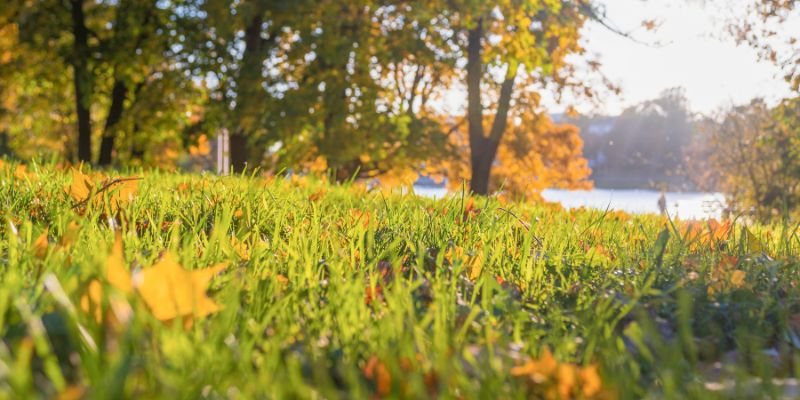What happened in the world of sustainability in September 2022
It’s officially autumn, wow 2022 is going fast! I can’t wait for autumn leaves to line the woodlands, birds to start migrating across the world and charming creatures like red squirrels and red deer to emerge. Let’s discover what sustainable news has kicked off autumn.
50 species are making a comeback in Europe
New research in the European Wildlife Comeback report has revealed that 50 species including bears, wolves and bison are making a comeback across Europe. Grey wolves nearly disappeared in the 20th century as humans invaded their habitats and hunted them down. Since the 1970s, their numbers have increased by 1,800% with 17,000 individuals roaming now.
Many species that were previously struggling have also made ‘spectacular’ recoveries such as loggerhead turtles, Eurasian otters and humpback whales.
According to the report, “wild nature is resilient and can recover if conditions are suitable” – and that is filling the planet with hope! Most of these recoveries are thanks to hunting bans, dedicated reintroduction efforts and habitat restoration.
The best news? Animal species have increased in every type of habitat!
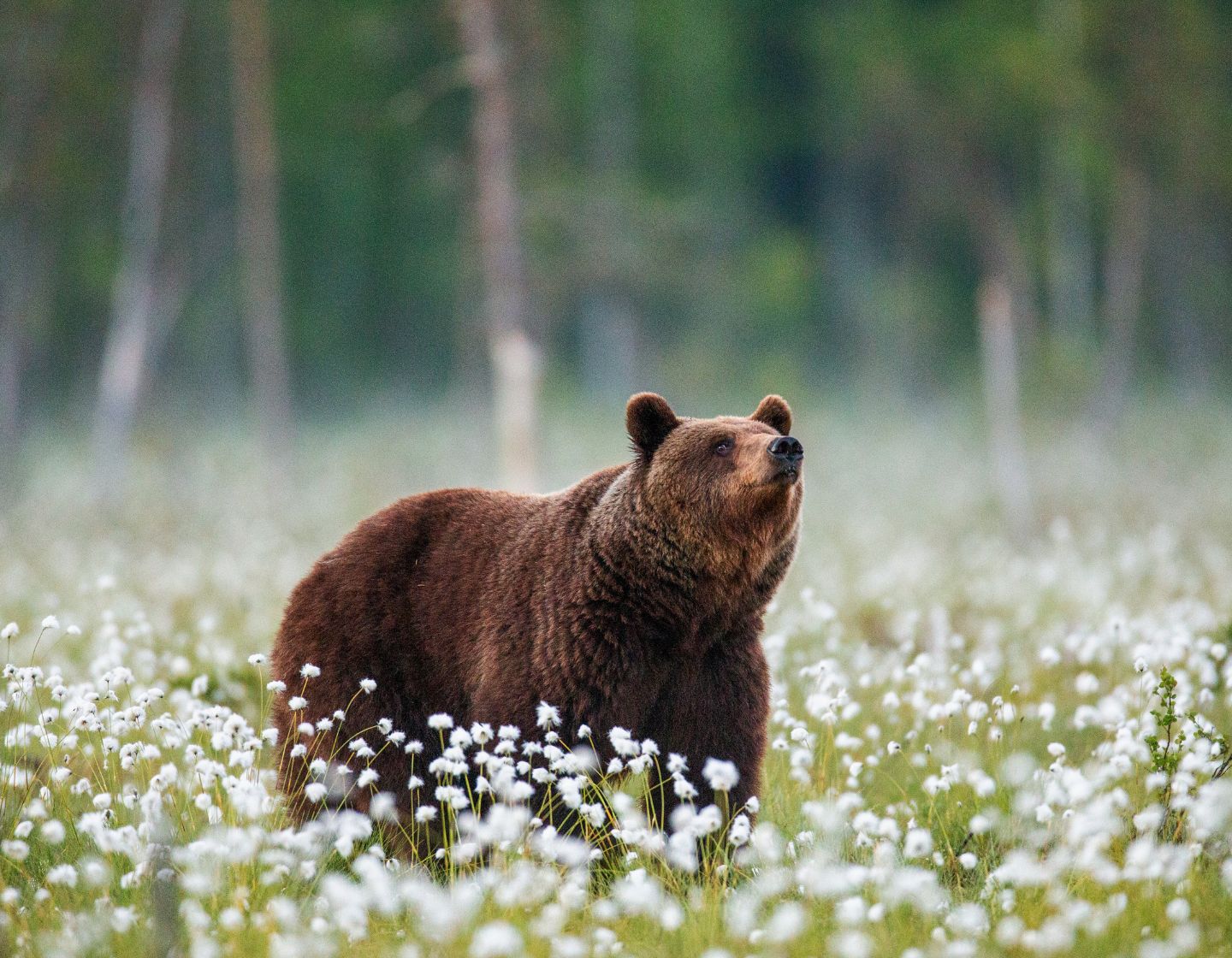
The Earth’s ozone layer hits a significant milestone
The Earth’s ozone layer protects all life on Earth from the sun’s radiation. In the late 20th century, humans released damaging chemicals which began to affect the ozone molecules in the atmosphere. This resulted in a huge hole opening up over Antarctica.
To prevent any more damage, the Montreal Protocol was signed to stop the number of harmful chemicals caused by human emissions and more specifically, the chemicals previously found in fridges, air conditioners, hairspray and industrial cleaning products.
In September 2022, research from the National Oceanic and Atmospheric Administration (NOAA) in the US found that concentrations of harmful chemicals have declined by just over 50% in the mid-level of the stratosphere compared to the 1980s. They say it is a ‘significant milestone’ on the path to recovery.
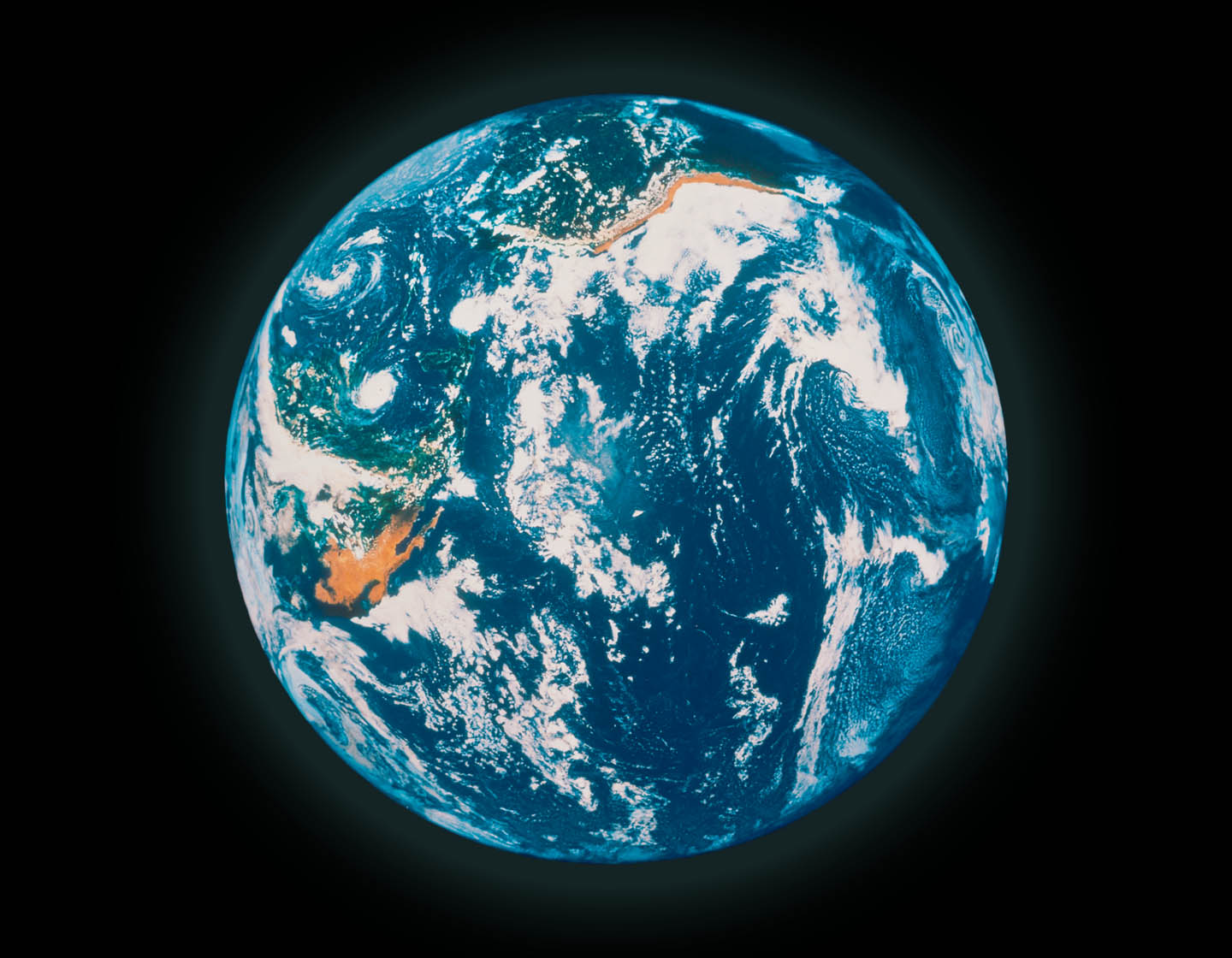
Dutch students have invented a zero-emissions car that captures carbon as it drives
Dutch students have made a sporty all-electric car mostly using 3D-printed recycled plastics and powered by a lithium-ion battery pack. It’s designed to minimise the carbon dioxide emitted during the manufacturing phase, the life phase and the end-of-life phase.
It features two filters that can capture up to 2kg of carbon dioxide over 30,000km of driving. Although this sounds like a small amount, it would take at least 12 cars travelling 30,000km each to absorb the same amount as the average tree in a year.
The students are hoping to increase the capacity of the filter in the coming years and hope for a future when filters can be emptied at changing stations.

The European Parliament officially recognises serious human rights issues in Uganda and Tanzania
The European Parliament passed an emergency resolution against human rights violations and severe environmental consequences that relate to the construction of TotalEnergies’ East African Crude Oil Pipeline (EACOP) and the associated Tilenga oil extraction project in Uganda and Tanzania.
The people of East Africa have strongly opposed the construction of the largest heated pipeline in the world due to its devastating impact. More than one million people have raised their voices as part of the campaign to stop EACOP. This new resolution has officially recognised the serious adverse impact it could have on communities and the environment such as displacing communities and harming livelihoods and endangering nature reserves and threatening wildlife.
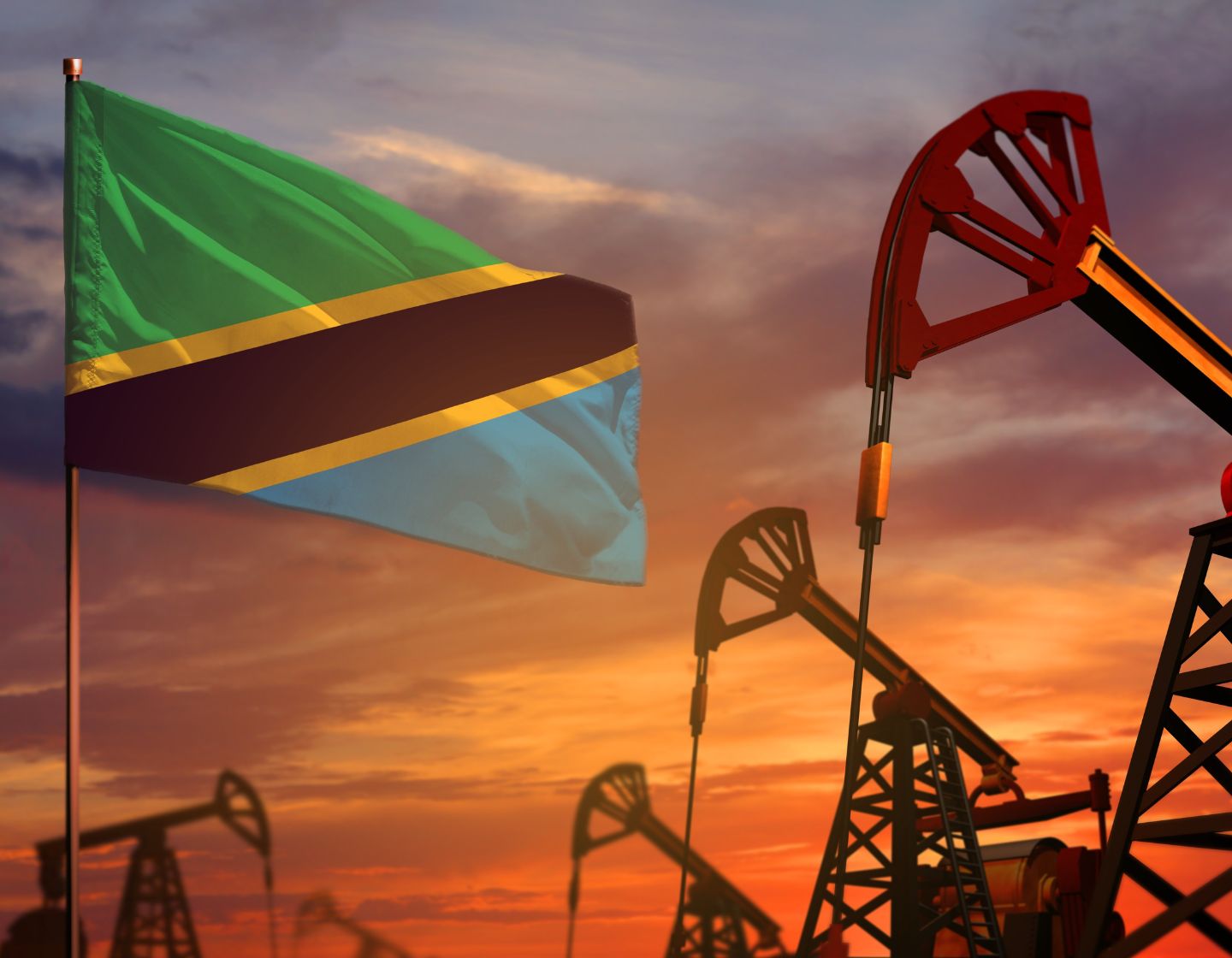
WWF launches initiative to secure Colombia’s natural heritage
A new $245 million WWF-backed initiative will help to safeguard huge expanses of Colombia’s wilderness: 32million hectares of land and marine areas known as Heritage Colombia. This is a brilliant step for wildlife because Colombia is home to 10% of the world’s biodiversity including rainforests, glacier-tipped mountains, coastal sand dunes and rainbow colour reefs.
These are vital havens for wildlife like jaguars, harpy eagles and pink river dolphins. This expanse also benefits the local communities in Colombia and around the world – providing fresh water, food and livelihoods to support global efforts to tackle the climate crisis.
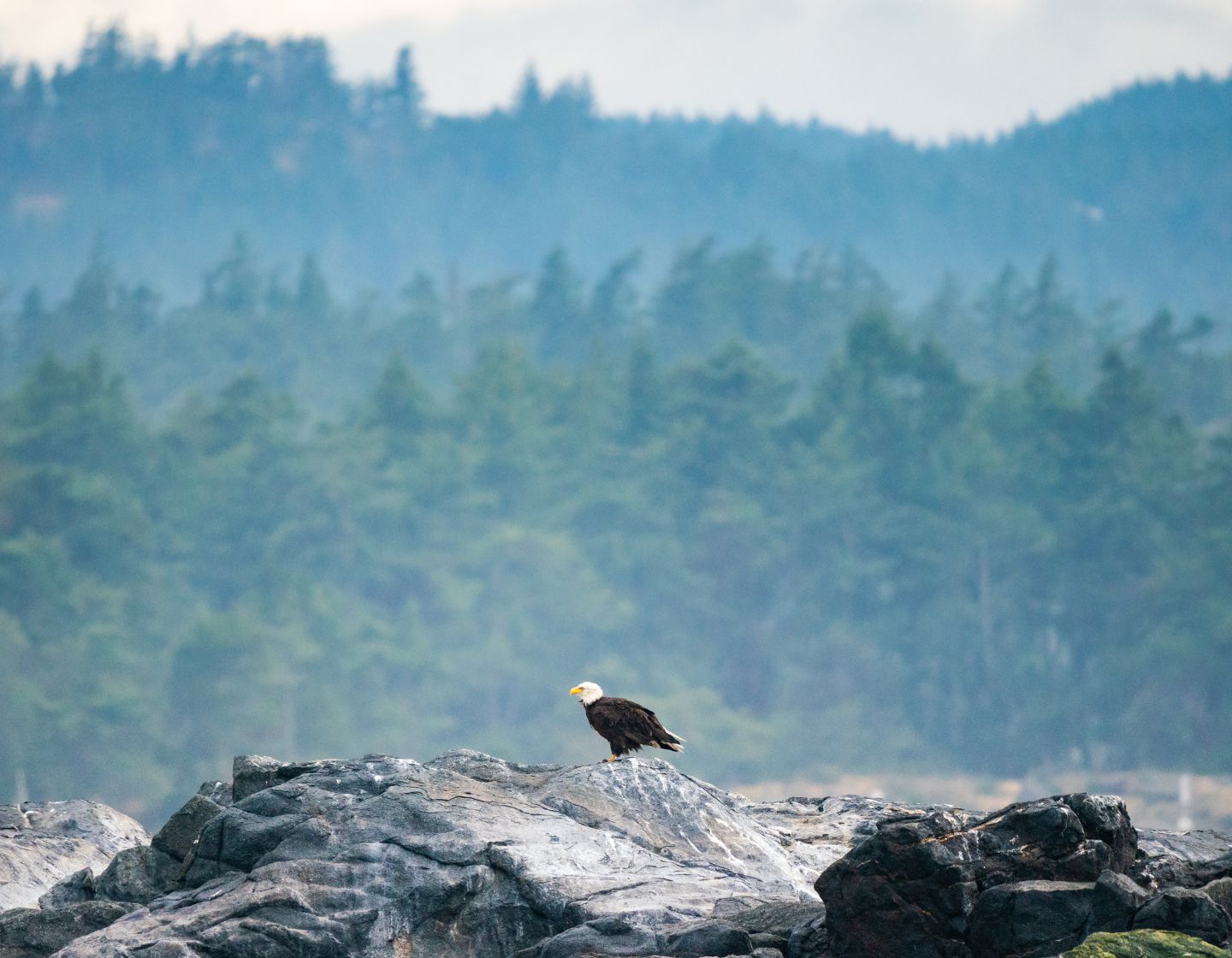
Record flood disaster in Pakistan
Pakistan has faced a record monsoon rain and flash flood season, leaving a third of the country underwater. The scale of devastation is astronomical: it’s estimated that 33 million people will be affected -15% of the population – and more than 1,300 people have lost their lives.
The WWF currently has multiple active projects in Pakistan, much of which has been affected. In the southwest, they work with thousands of cotton farmers spanning over 75,000 acres. Current estimates indicate that a quarter of this area has been damaged and 30-40% of the population affected.
As of today, 15 million people remain potentially exposed or living closely to flooded areas. Hundreds of thousands of homes have been damaged or destroyed, while many public health facilities, water systems and schools have been destroyed or damaged. UNICEF is helping to deliver safe drinking water, lifesaving medical supplies and hygiene kits to children and families.
But much more is needed to support the people of Pakistan.
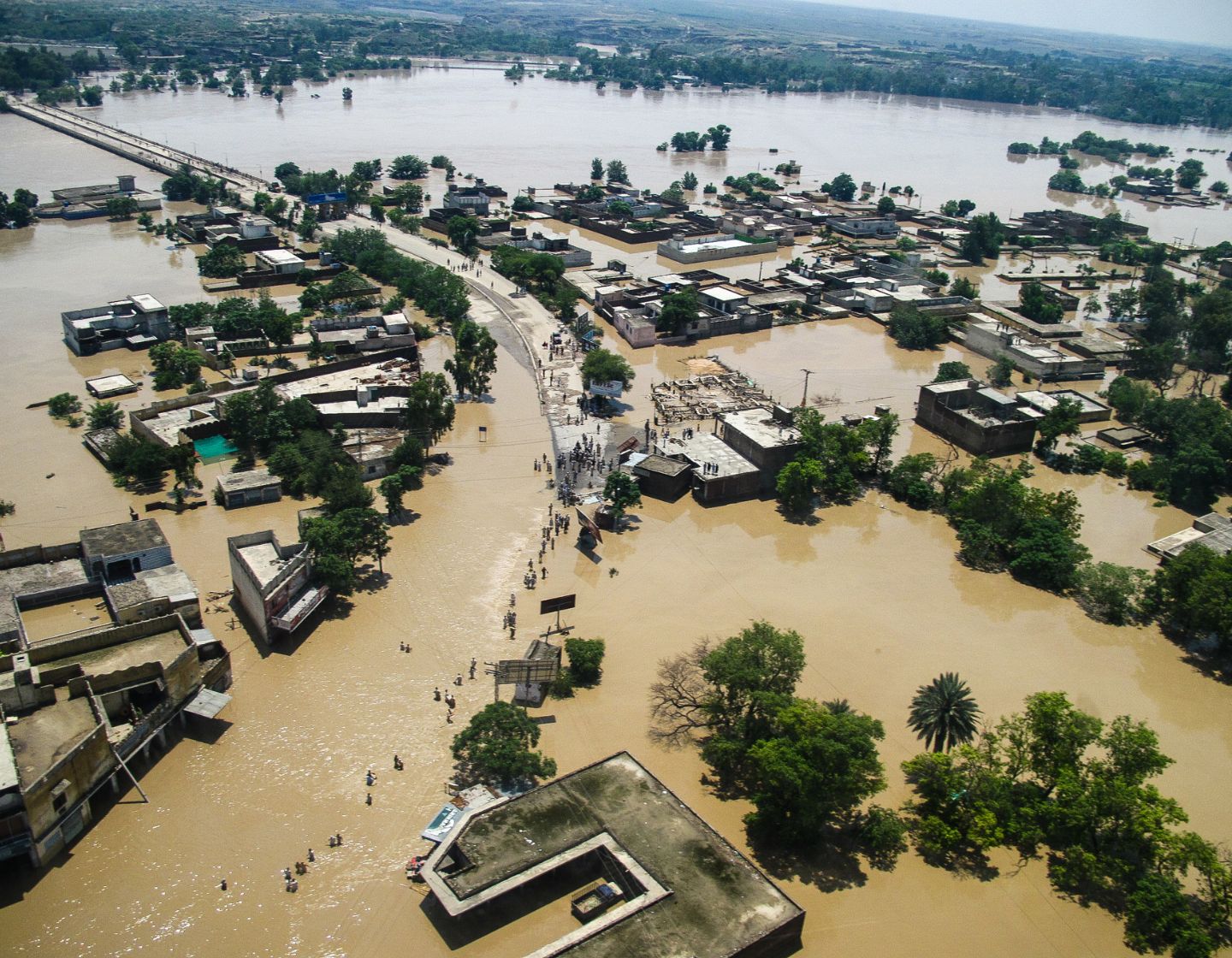
World’s first zero emission ferry sets sail in France
In an industry’s first, a new ‘zero particle’ ferry has set sail from Marseille to Corsica. A new fine-particle filtration system can capture 99% of sulphur oxides and 99.9% of fine and ultra-fine particles which are the main air pollutants emitted by ships.
This new technology was inspired by the existing technology used in industrial and household waste incineration and biomass power plants. Experts believe this could be a game changer for the shipping industry.
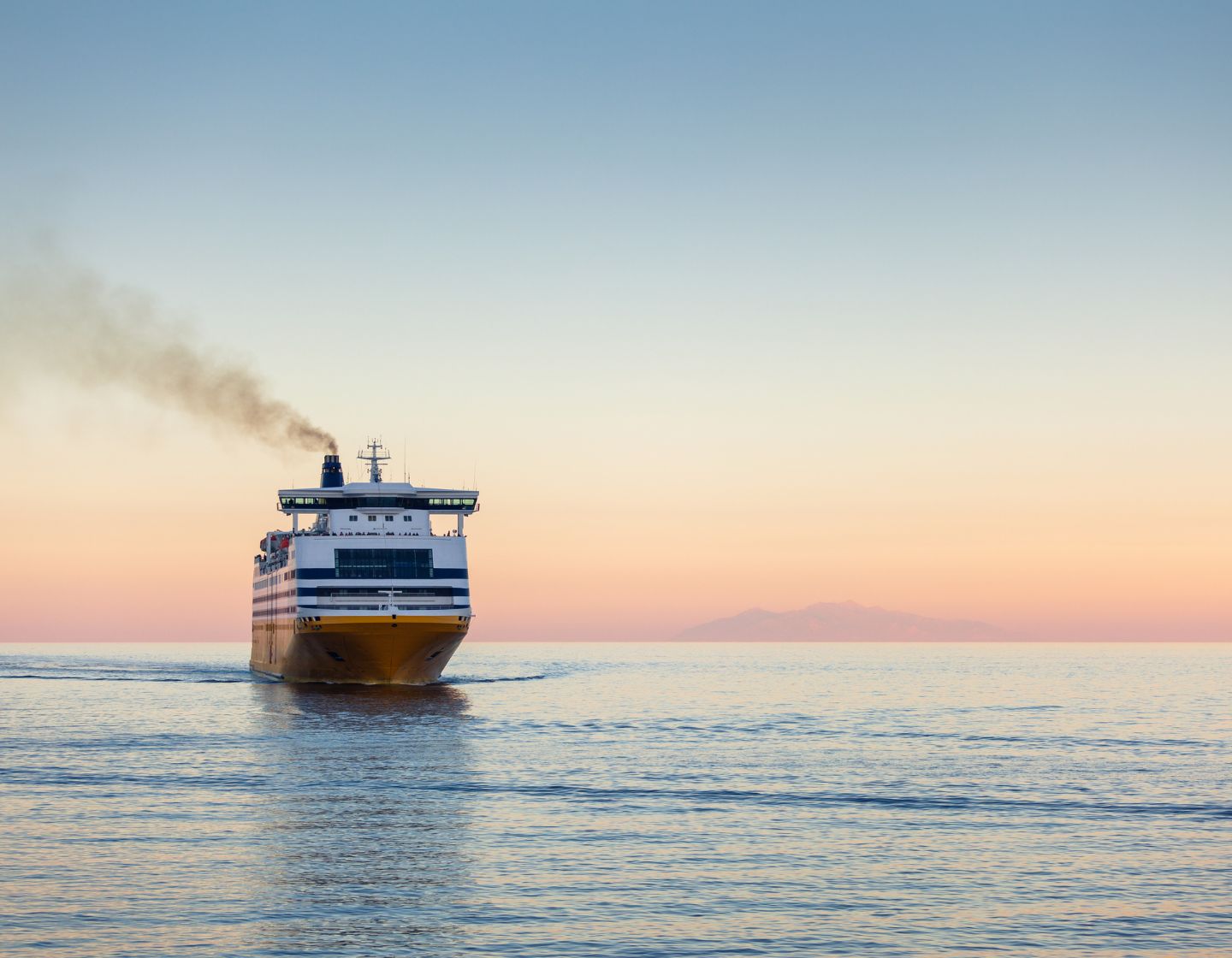
Stay in the know with our app
Discover eco-friendly tips, the latest news and sustainable swaps with our free SaveMoneyCutCarbon Home app. You’ll no longer have to search for our news roundup each month, you’ll get notified when we upload a new article for access anytime, anywhere.

